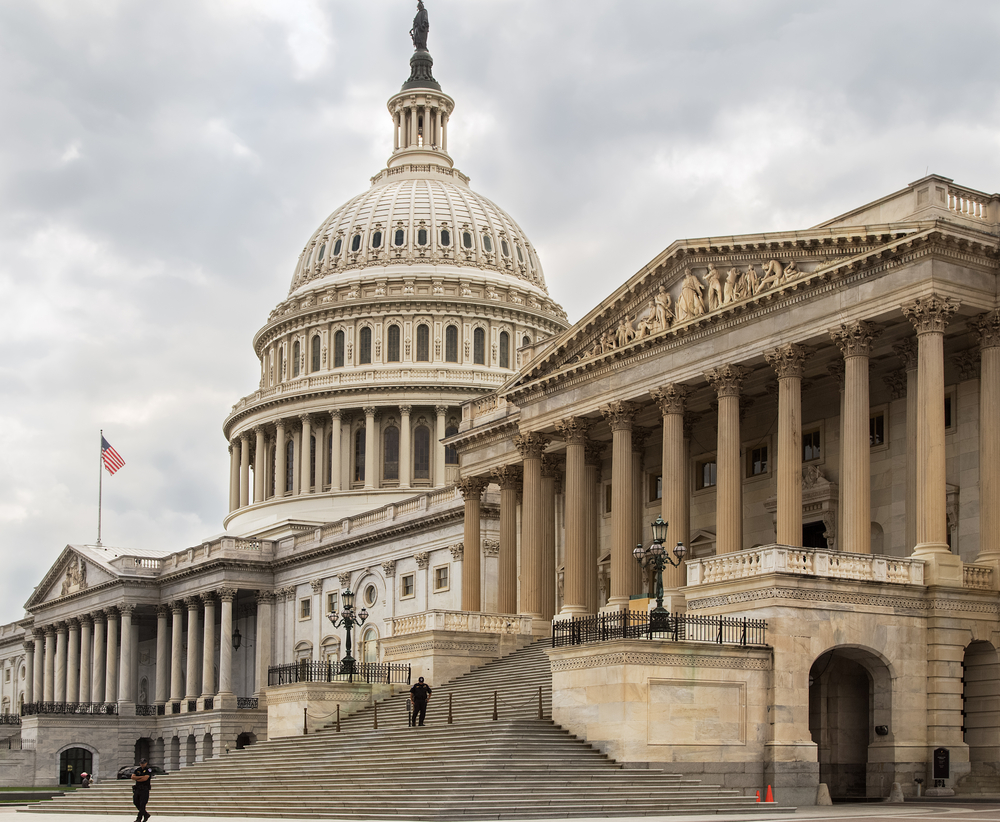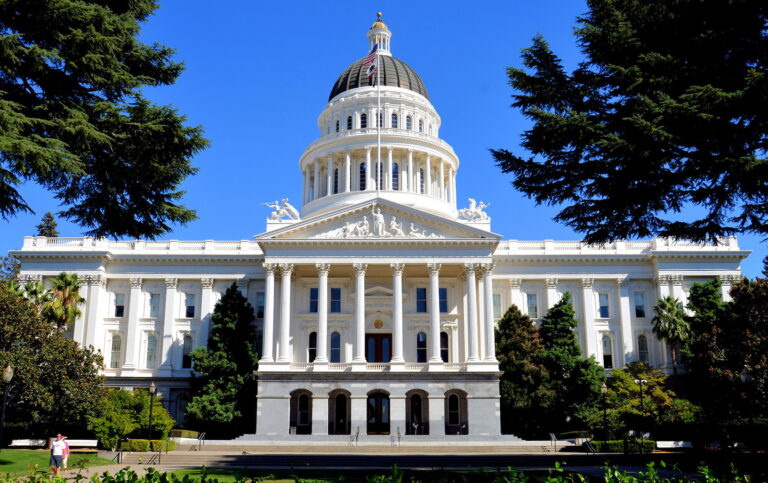Feb. 14, 2022 – Negotiations for prescription drug and medical device user fee legislation are running behind schedule and legislators are concerned about the timeline for the Prescription Drug User Fee Amendments VII (PDUFA VII), the Medical Device User Fee Amendments (MDUFA) and other user fee bills. Because the Food and Drug Administration (FDA) receives more than 45 percent of its funding from user fees, passing these bills by the Oct. 1 reauthorization deadline is critical to the FDA’s operations.
Health leaders in Congress are worried that delays in the user fee bills will make on-time passage difficult as they juggle competing priorities in a tight legislative window, which include a U.S. Supreme Court justice nomination, voting rights legislation, the federal budget, President Joe Biden’s Build Back Better bill, possible action related to Russia and Ukraine, and a long summer recess for campaigning as many members of Congress head into the midterm elections on Nov. 8.
If user fees are not reauthorized by the deadline, “that would be like a government shut-down, where half of the FDA can’t go to work,” according to Nancy Bradish Myers, president of Catalyst Healthcare Consulting, who spoke at a recent Coalition for Healthcare Communication webinar.
The Jan. 15 deadline for the MDUFA commitment letter outlining agreements between the FDA and medical device industry was missed, leading the chairs and ranking members of the Senate HELP Committee and House Energy & Commerce Committee to press for briefings on the hold-up.
Meanwhile, Myers noted that although a commitment letter for the next iteration of PDUFA was submitted on time and all parties claim to want “a clean PDUFA,” the legislation that PDUFA needs to be attached to (also called a “wrapper”), “often has major initiatives” that can complicate the process. Additionally, other proposals are likely to get tacked on to the bill and could be the subject of debate, all of which could put the deadline at risk.
One of the likely add-ons to PDUFA VII is the 21st Century Cures 2.0 legislation (H.R. 6000) sponsored by Reps. Diane DeGette (D-Colo.) and Fred Upton (R-Mich.). On Feb. 8. DeGette and Upton joined forces with Rep. Anna Eshoo (D-Calif.) to advance Cures 2.0 in tandem with the Advanced Research Projects Agency for Health Act (H.R. 5585), which Eshoo introduced.
These bills “would not only create a new Advanced Research Projects Agency for Health, known as ARPA-H, to find new cures and treatments for some of the world’s most difficult diseases, but would also provide the new agency the framework it needs to be successful,” a press release from DeGette’s office states. Cures 2.0, which would advance digital health and telehealth, fuel innovative technologies and foster patient-focused drug development, Myers indicated, is sitting in committee.
Another possible add-on for PDUFA VII could be the Verifying Accurate, Leading-edge IVCT Development (VALID) Act of 2021 (S. 2209), which was introduced in June 2021 by Sen. Richard Burr (R-N.C.) and would establish a new regulatory framework for in vitro clinical tests. Burr is retiring at the end of the congressional session and likely would want to see this legislation passed before then.
Other additions to user fee legislation could move beyond what already has been agreed to in commitment letters, according to industry experts. These provisions could include changes to the accelerated approval pathway, which has received a lot of attention and criticism after the accelerated approval of Biogen’s Aduhelm for Alzheimer’s disease.
Bottom line, anything that gets added or subtracted to user fee legislation, is the subject of ongoing debate or affects the attention Congress has to devote to discussing and passing these bills will threaten the Oct. 1 reauthorization deadline.




